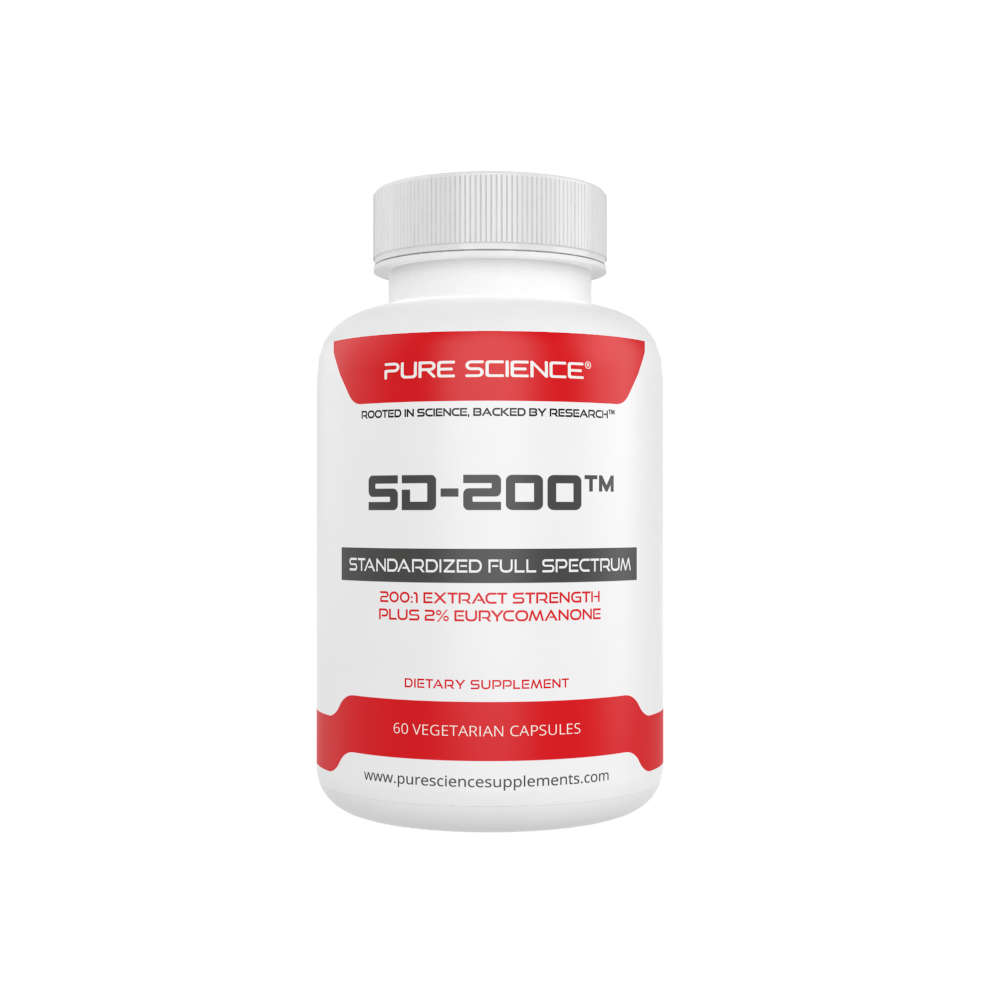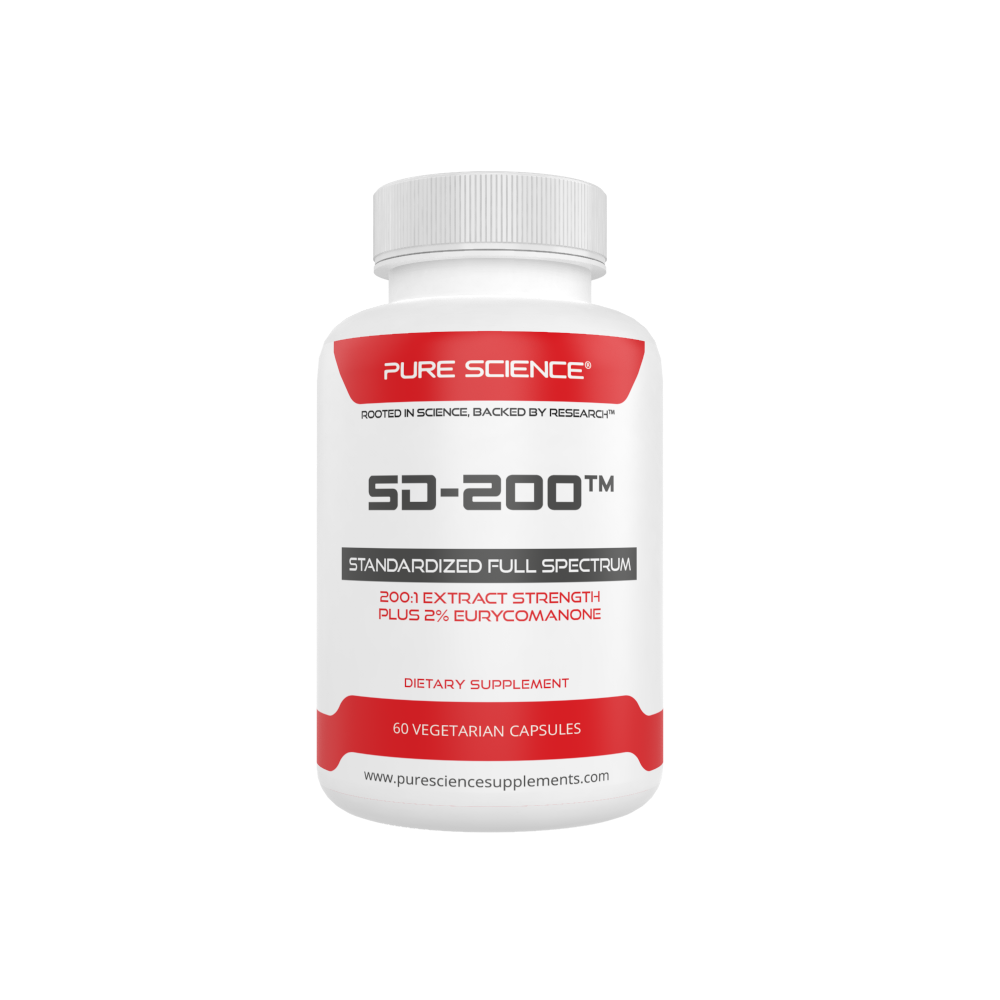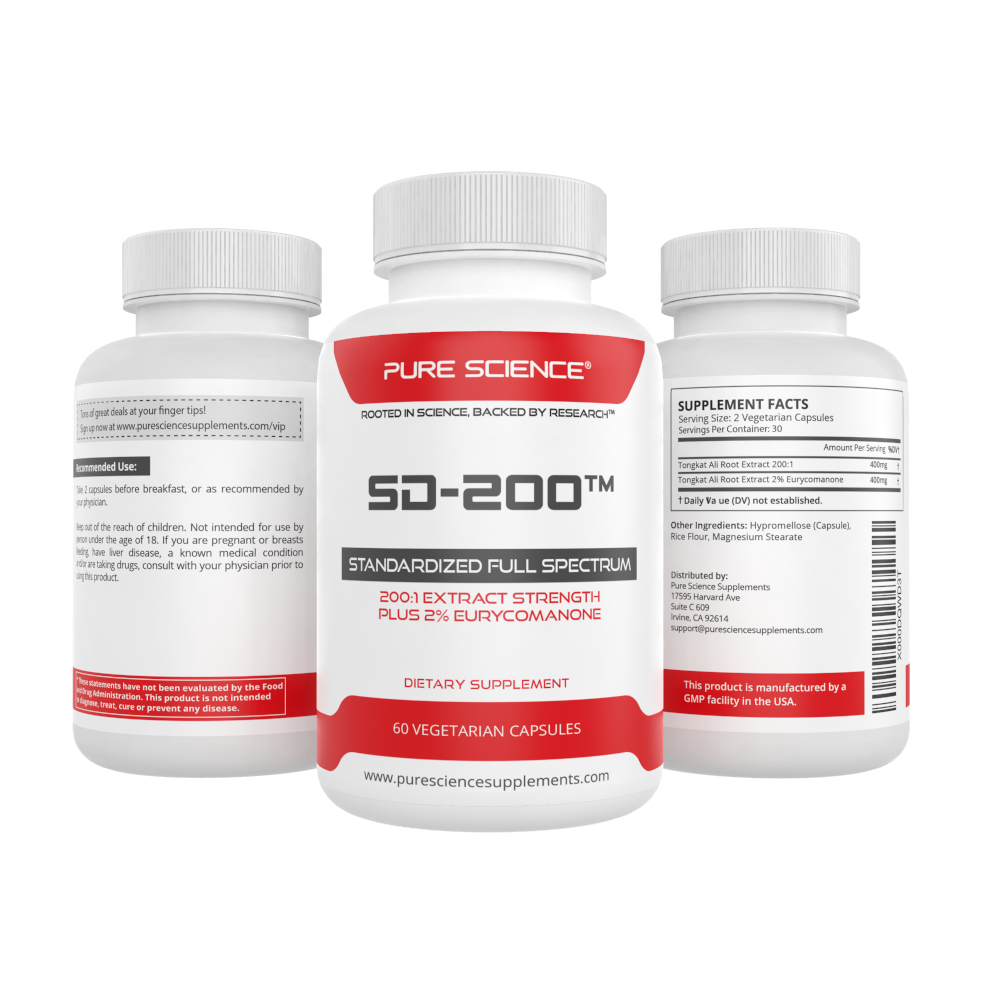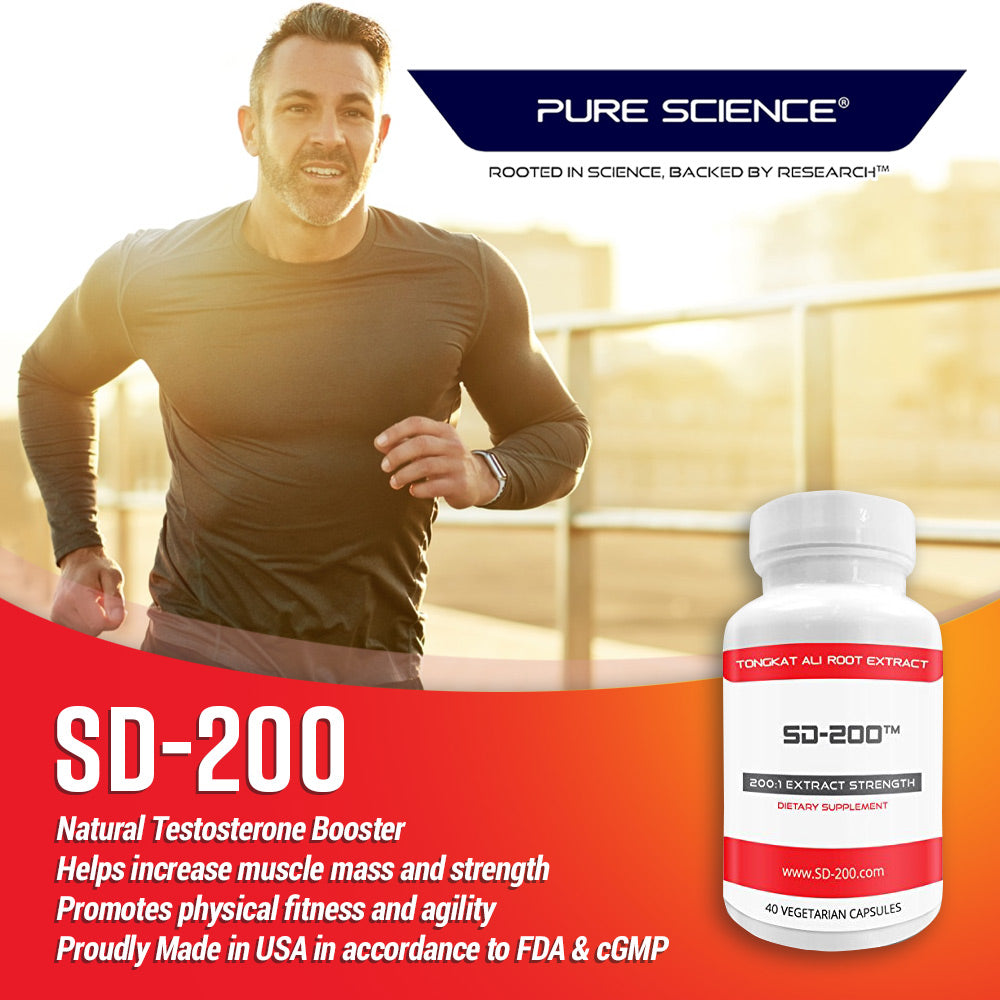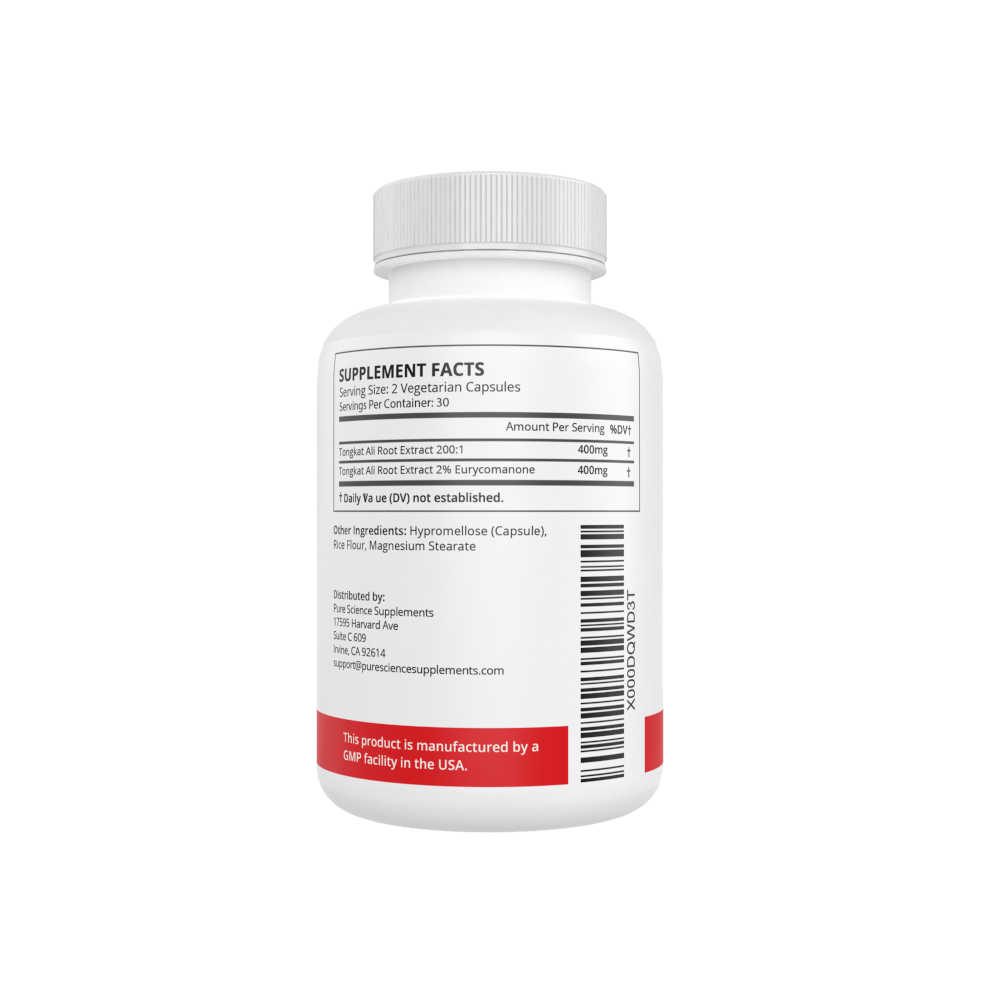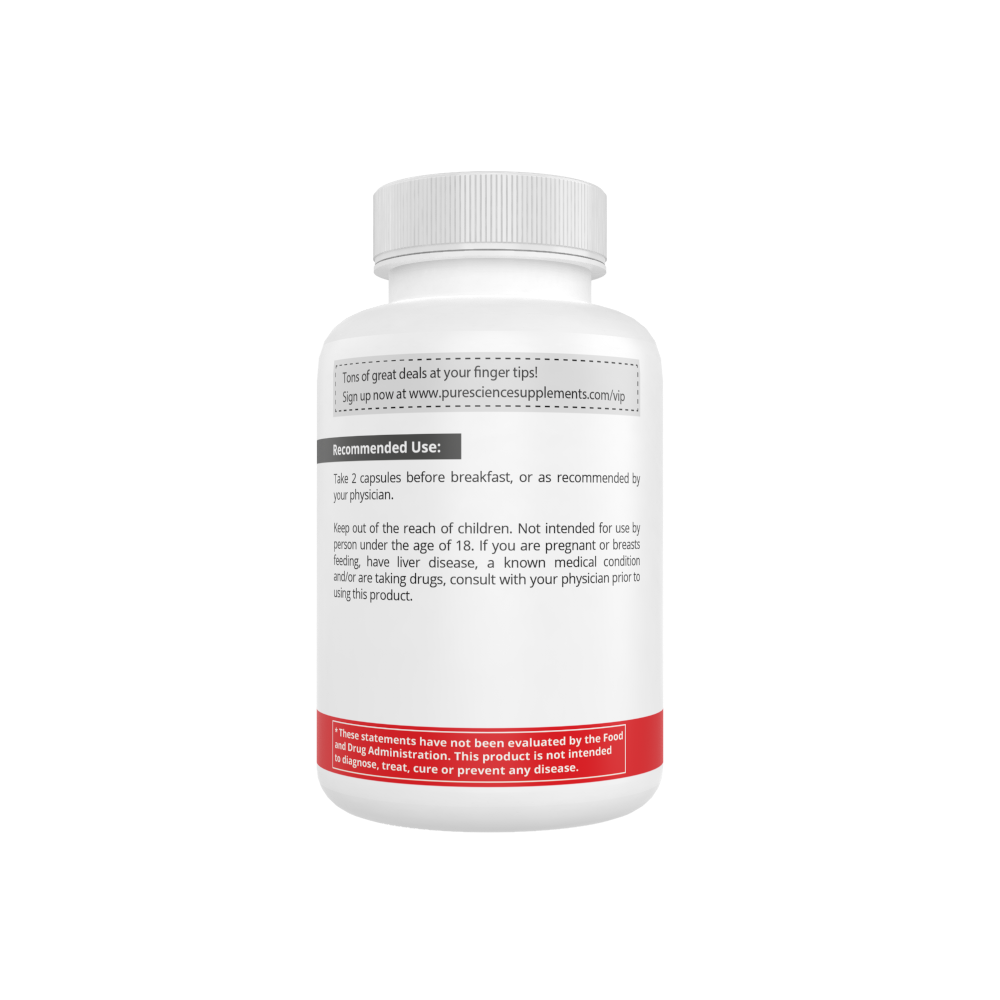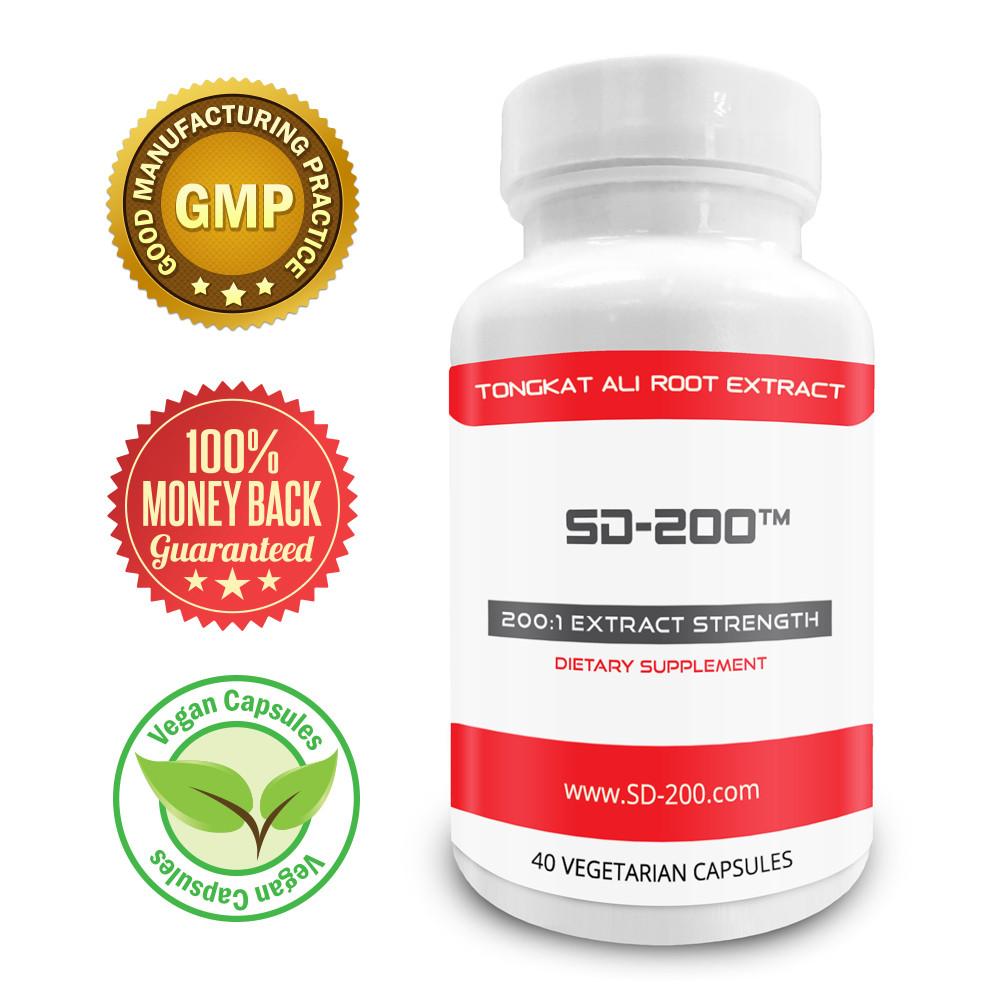Osteoporosis is a disease in which bones become brittle and brittle, increasing the risk of fractures, particularly in the hip, spine, and wrist. It is frequently described to as a "silent disease" due to the fact that it can progress for many years without manifesting any symptoms until a fracture occurs. Osteoporosis is an important public health issue that affects millions of people around the world, especially postmenopausal women and the elderly.
Osteoporosis can cause back pain, a gradual loss of height, and a bent posture. Fractures can also be a symptom of osteoporosis and are frequently the first sign of the condition. In older adults, osteoporotic fractures can cause considerable pain and impairment, and in extreme circumstances can be life-threatening.
Osteoporosis must be prevented and managed to preserve bone health and general quality of life. Despite the availability of drugs to treat osteoporosis, lifestyle modifications such as exercise, adequate nutrition, and supplementation with specific nutrients, such as calcium and vitamin D, can also be useful in reducing the risk of fractures and maintaining bone health. Tongkat Ali is one such nutrient that has showed potential in this regard.
History
Tongkat Ali, also known as Eurycoma longifolia, is a herb that has been used for generations in traditional medicine in Southeast Asia, including Malaysia and Indonesia. It is believed to improve bone health and reduce the incidence of osteoporosis.
Tongkat Ali has been used traditionally as an aphrodisiac, for energy and stamina, and to enhance overall health and well-being, in addition to its use as a natural cure for a variety of diseases. Moreover, it has been utilized as a natural treatment for fever, malaria, and other illnesses.
Many bioactive chemicals, including quassinoids, alkaloids, and phenolic compounds, are present in the root of the Tongkat Ali plant. It is believed that these chemicals are responsible for the herb's health advantages, including its ability to strengthen bone health and reduce the risk of osteoporosis.
In Southeast Asia, the traditional usage of Tongkat Ali for bone health is well-established, but scientific research on its efficacy is still in its infancy. Tongkat Ali may be a beneficial natural therapy for promoting bone health and avoiding osteoporosis, based on the herb's long history of usage in traditional medicine and the expanding body of studies on it.
How it works
Tongkat Ali may enhance bone health and reduce the incidence of osteoporosis via multiple ways.
Tongkat Ali may contribute to bone health by improving bone mineral density (BMD). BMD is a measurement of the amount of minerals in bone tissue, such as calcium and phosphorus, and is a crucial indication of bone strength. Tongkat Ali has been proven to raise BMD in rats, and there is evidence that it may have a same impact in people.
Tongkat Ali contains bioactive substances with osteogenic characteristics, including eurycomanone and quassinoids. These chemicals may increase the creation of osteoblasts, the cells responsible for bone development. Tongkat Ali may increase bone quality and lower the likelihood of fractures by increasing the number of osteoblasts.
In addition to boosting the development of osteoblasts, Tongkat Ali may also regulate the activity of osteoclasts, the cells responsible for breaking down bone tissue. Bone loss can occur when osteoclasts are hyperactive, leading to a decrease in bone mineral density (BMD) and an increased risk of osteoporosis. Tongkat Ali may prevent excessive bone loss by decreasing osteoclast activity and increasing osteoblast activity.
Tongkat Ali also possesses antioxidant capabilities, which may aid in preventing oxidative damage to bone tissue. Oxidative damage is a major contributor to the development of osteoporosis and can result in a decrease in bone mineral density (BMD) and an increased risk of fractures. Tongkat Ali may help prevent bone damage and maintain bone health by neutralizing free radicals and lowering oxidative stress.
Tongkat Ali's potential as a natural cure for osteoporosis is encouraging, despite the need for additional research to completely understand how it improves bone health.
Studies and Results
Tongkat Ali may have a favorable effect on bone mineral density (BMD) and lessen the incidence of osteoporosis, according to the scant studies on its effects on bone health.
In a randomized, double-blind, placebo-controlled research including 108 postmenopausal women, treatment with Tongkat Ali for 16 weeks resulted in a substantial increase in BMD compared to placebo. The results suggested that Tongkat Ali may be a promising natural alternative to conventional osteoporosis treatments.
In another study conducted on male rats, Tongkat Ali extract was found to improve BMD and decrease bone resorption. The rats were administered 30 mg/kg of Tongkat Ali extract for eight weeks, and the results suggested that Tongkat Ali may promote bone health.
Although additional research is necessary to discover the ideal amount and duration of Tongkat Ali supplementation for bone health, these trials indicate that a daily intake of 400 mg may be helpful. Tongkat Ali supplements should be used with cautiously and under the supervision of a healthcare expert because they may interact with certain drugs and cause negative effects.Overall, the scant study on Tongkat Ali and bone health is encouraging, but additional studies are required to prove its efficacy and safety for this purpose.
Recommended Dosage
A daily intake of 400 mg of Tongkat Ali extract may be useful for enhancing bone health and reducing the incidence of osteoporosis, according to the existing research. Notably, the appropriate amount and duration of supplementation may vary based on individual characteristics and should be evaluated under the supervision of a healthcare practitioner.
Conclusion
Tongkat Ali may have the ability to improve bone health and reduce the risk of osteoporosis as a natural treatment. The bioactive components present in Tongkat Ali extract, including as eurycomanone and quassinoids, may help enhance bone mineral density, control osteoblast and osteoclast activity, and protect bone tissue from oxidative damage. However, additional research is required to completely comprehend the mechanisms underlying Tongkat Ali's effects on bone health, and the appropriate dosage and duration of intake have not yet been determined. Use Tongkat Ali supplements with caution and under the supervision of a healthcare practitioner.
References
Talbott SM, Talbott JA, George A, Pugh M. Effect of Tongkat Ali on stress hormones and psychological mood state in moderately stressed subjects. J Int Soc Sports Nutr. 2013;10(1):28. doi:10.1186/1550-2783-10-28
George A, Henkel R. Phytoandrogenic properties of Eurycoma longifolia as natural alternative to testosterone replacement therapy. Andrologia. 2014;46(7):708-721. doi:10.1111/and.12214
Kuo PC, Damu AG, Lee KH, Wu TS. Cytotoxic and antimalarial constituents from the roots of Eurycoma longifolia. Bioorg Med Chem. 2004;12(3):537-544. doi:10.1016/j.bmc.2003.10.022
Hamzah S, Yusof A. The ergogenic effects of Eurycoma longifolia Jack: a pilot study. Int J Prev Med. 2010;1(4):242-246.
Chan KL, Choo CY, Morita H, et al. Eurycomanone, the major quassinoid in Eurycoma longifolia root extract increases spermatogenesis by inhibiting the activity of phosphodiesterase and aromatase in steroidogenesis. J Ethnopharmacol. 2014;153(3): 701-711. doi:10.1016/j.jep.2014.03.003





